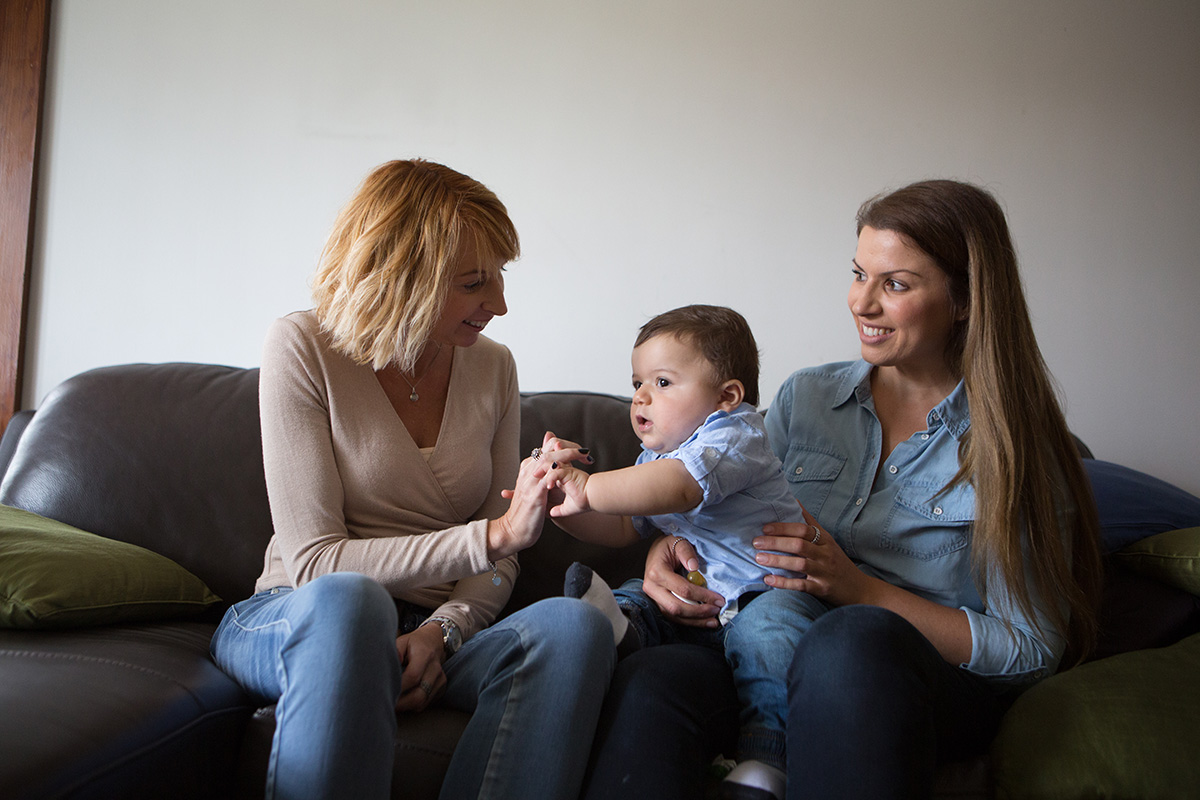Case planning and review
Case planning is about identifying the decisions and actions required to achieve stability and security for the child or young person in care. Wherever possible the child or young person, their family and their carer, as well as their caseworker, are all involved in the development of the Case Plan.
What is a Case Plan and how does it work?
All children and young people deserve a stable home for life. Returning kids to live safely at home with their birth families is always the goal for kids in care. If that is not possible, the aim is to find them a permanent home through adoption, guardianship or sometimes long-term foster care.
The steps being taken to support the wellbeing of the child in care and to ensure they have a safe, stable and loving home for life are set out in a document called a Case Plan. The Case Plan should be reviewed and updated regularly and should include details around who is responsible for making certain things happen.
A good Case Plan is a window into the life of the child or young person and provides a meaningful plan for their future. It grows out of quality conversations with the child or young person, their carers and family, their caseworker and their wider support team.
If a child or young person chooses to go back and review their file at some point in the future, they should be able to look at their Case Plan and get a clear understanding of how their lives developed, how their strengths were promoted, how their needs were supported, and why certain important decisions were made.
Why is case planning important?
Case planning usually begins when an agency first becomes involved with a family. When children or young people have been in care for more than 30 days they will have a Case Plan that details what their needs are and who will take on responsibility for meeting these needs. The exception is for emergency placements. When a child or young person needs immediate crisis care, the Case Plan is developed as soon as possible after the placement is made.
Generally, your caseworker will give you information about the Case Plan when the child or young person is first placed with you. If you are a long-term carer, your caseworker will continue to involve you in the review and development of the Case Plan.
Case planning helps to:
- identify strategies to achieve stability for the child or young person and address their physical, emotional, educational, social and cultural needs identified through ongoing assessment
- provide a clear guide for the caseworker, you and the child or young person’s family about what conditions are required for the child or young person to return to their family home if restoration is the goal
- provide an opportunity to review the child or young person’s progress in care
- assist in casework decision-making.
How does case planning work?
Case planning helps to develop the child or young person’s Case Plan, which is updated to keep pace with their changing needs. Every Case Plan has one or more goals, for example, to return the child to their family or to help them to remain with a permanent carer.
As part of the case planning process, you can expect that:
- your knowledge of the child or young person will inform the process
- you’ll be informed well in advance that a case conference is being held
- your views will be presented and recorded if you’re unable to attend a case meeting
- reasons for not being invited to a case meeting will be explained to you
- a copy of the approved Case Plan will be given to you
- you’ll be consulted and told about any decision in the Case Plan that has an impact on you and your care of the child or young person.
